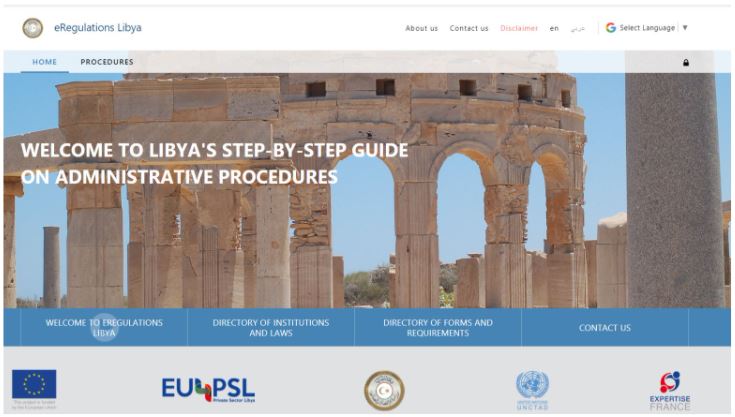Libya’s state National Oil Corporation (NOC) announced yesterday that the country’s total oil production had increased over the previous 24 hours by another 5,377 barrels per day (bpd).
This brings the total production of crude oil and condensates to 1,391,407 bpd.
Gas production had recorded a reading of 194,914 barrels of equivalent, the NOC said.
It must be noted that yesterday’s increased production announcement comes on the back of several incremental production increases in November.
Libya’s recent oil production increases
| Date announced by NOC | Million barrels per day (bpd) of oil and condensates | Gas (barrels equivalent) |
| 30/11/24 | 1.391,407 | 194,914 |
| 29/11/24 | 1,386,030 | 203,017 |
| 27/11/24 | 1,380,470 | 198,190 |
| 26/11/24 | 1,372,903 | 199,776 |
| 14/11/24 | 1,374,118 | 202,983 |
| 05/11/24 | 1,364,438 | 208,000 |
(Source: NOC)
Increasing production to 2 million bpd by 2027
The NOC has reported this month that, for about two months, its oil fields have been witnessing diligent work around the clock, with the aim of implementing its strategy to increase production rates to 2 million barrels per day by 2027.
The NOC added that this target could be reached subject to continuing to receive the necessary budget for operation throughout this period without obstacles or any delay that is beyond its control.
Analysis: The NOC has received huge budgets
It will be recalled that the NOC has received huge exceptional annual budgets to increase production – with the support of the government, the Central Bank of Libya and the Audit Bureau.
The successive reports by the NOC of increased oil production in November should go some way to answering some criticism that it has received huge exceptional budgets to increase production without showing any tangible returns. For months, production numbers had remained relatively static.
A lag between increased budget and increased production
Experts in the field explained to Libya Herald that there was always going to be a lag between the NOC receiving and spending the large budgets and an equivalent increase of production. They reminded that while budgets were often allocated and announced – they were often delivered late.
Years of under-investment and war damage
The experts explained that Libya’s oil and gas infrastructure had also been neglected by the Qaddafi regime and suffered much neglect and damage since the 2011 Revolution.
Equally, it takes time, they reminded, to discover new wells and implement enhanced oil recovery techniques on existing oil and gas wells. The departure of foreign companies during the most violent years since the 2011 revolution also contributed to the fall in Libya’s oil production.
Waha Oil surpasses its highest production rate since 2010: NOC
NOC reports another oil and gas production high
NOC reports further oil and gas production increases
Libya’s oil and gas production indicators continue to rise
Libya’s oil production reaches a new record level of 1.374 million bpd: NOC
NOC’s increased production announcements – approaching 1.5 million barrels per day









